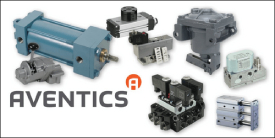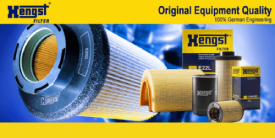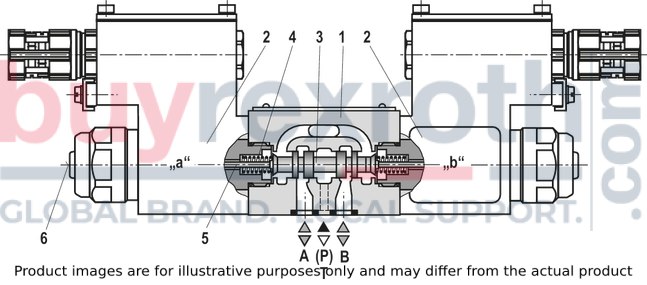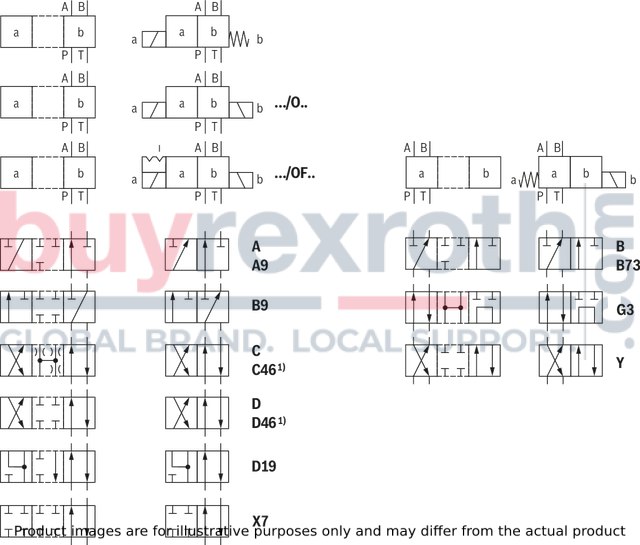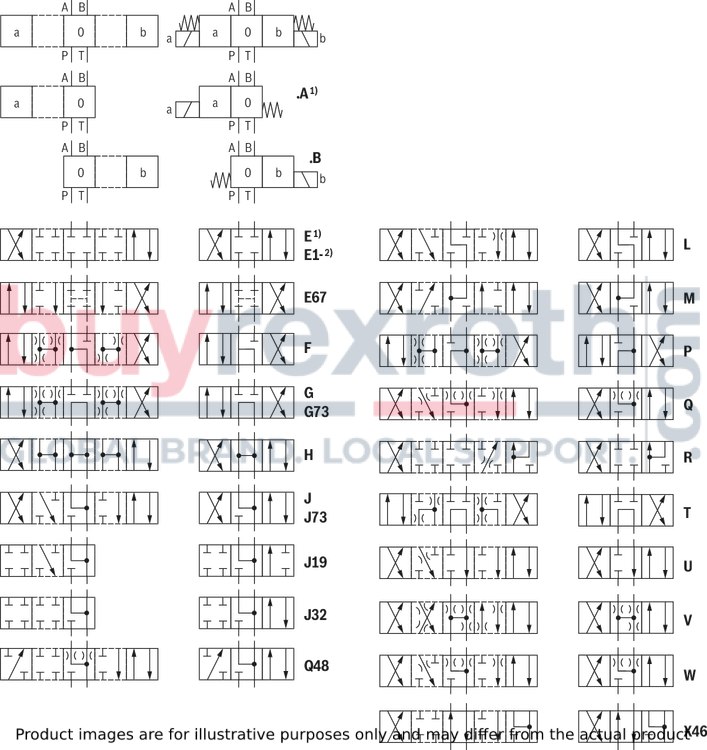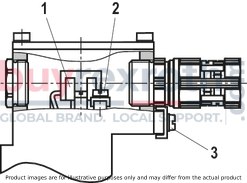***Disclaimer: The following summary contains information gathered from various sources such as product descriptions, technical specifications and catalogs. While efforts have been made to provide accurate details, inaccuracies may occur. It is advised to verify all information by contacting Bosch Rexroth directly.***
The Bosch Rexroth 4WE6D6X/EW110RNXEZ2/V (R901064532) is a high-performance directional spool valve designed for controlling the start, stop, and direction of fluid flow within a hydraulic system. This model features a housing, two wet-pin solenoids, a control spool, and return springs that ensure the valve functions efficiently in various operational states. When de-energized, the control spool is maintained in its central or initial position by the return springs except when an impulse spool is used. Upon energization of the wet-pin solenoids, the plunger acts on the control spool to shift it to the desired end position, enabling flow direction control from P-A and B-T or P-B and A-T.
This particular valve model offers an optional manual override that allows for manual actuation of the control spool without solenoid power. It is designed without spring return 'O', making it suitable for symbols A, C, and D applications where there's no defined rest position in de-energized condition. Alternatively, with spring return 'OF' featuring an impulse spool for symbols A, C, and D applications, it locks two spool positions alternately without needing continuous solenoid energization.
The 4WE6D6X/EW110RNXEZ2/V valve is also designed to handle potential pressure peaks in tank lines by recommending separate return lines or installing a check valve to prevent unintended control spool movements. While internal leakage may be inherent due to design reasons and could increase over time, this is considered normal for such valves.
This directional valve is suitable for use in potentially explosive atmospheres as defined by EU Explosion Protection Directive with classification II G. It meets EN standards for solenoid protection (Ex eb mb IIC T Gb) ensuring safe operation in hazardous environments. The porting pattern adheres to ISO standards with options for wet-pin DC or AC solenoids and features electrical connection via individual connection and cable gland. Manual override is available as an optional feature.
The unit has a maximum operating pressure of up to 350 bar and can accommodate maximum flow rates as specified by its design parameters. The throttle insert option '...B' indicates that this model requires an insert when operational conditions lead to flows exceeding the performance limit during switching processes. This ensures reliability and proper functioning under varying conditions.
$4,296.00 USD
More are expected on September 16, 2026
Note: Sales tax, shipping, and applicable tariffs will be calculated at checkout.| Qty | Price | Savings |
|---|---|---|
| 5-24 | $4,188.60 USD | $107.40 USD |
| 25+ | $4,081.20 USD | $214.80 USD |
Status: This product is temporarily out of stock.
Qty: Delivered as early as September 16, 2026 when ordered in

